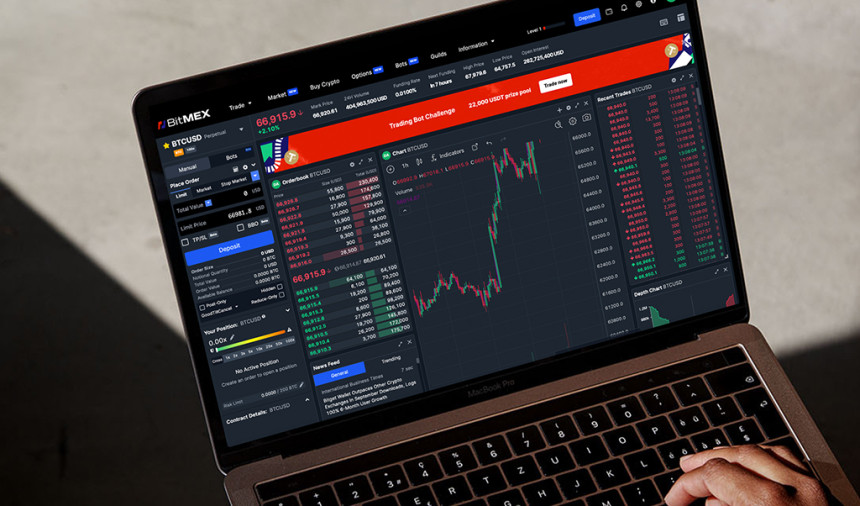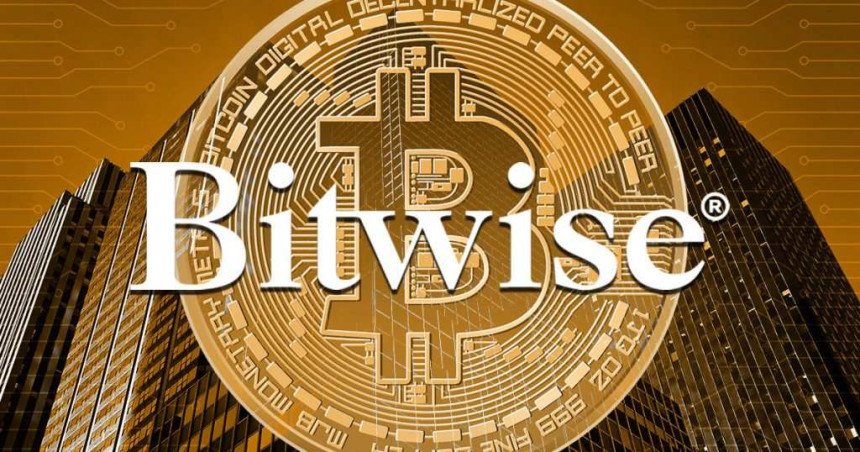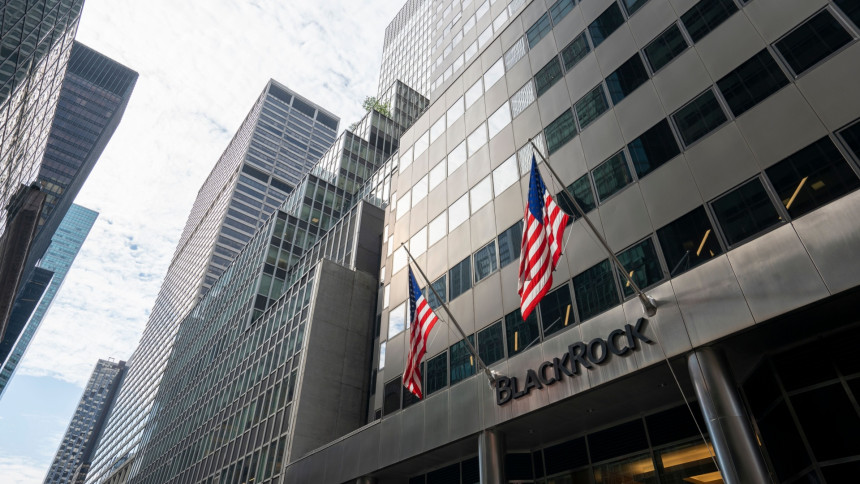
🚨 Arthur Hayes Doubles Down: Trump’s Crypto Reserve Plan Is "Empty Words"
In the latest chapter of the ongoing debate over the future of cryptocurrency in the U.S., Arthur Hayes, the outspoken co-founder and former CEO of BitMEX, has once again taken aim at Donald Trump’s proposal for a U.S. Crypto Reserve. Hayes, known for his candid and often controversial opinions, has dismissed the idea as nothing more than "empty words," arguing that the government lacks the financial and legislative backing to make such a plan a reality.
What’s the Controversy?
Trump’s proposal, which includes creating a strategic crypto reserve featuring assets like Bitcoin, XRP, SOL, and ADA, has been met with both enthusiasm and skepticism. While some see it as a bold step toward establishing the U.S. as a global crypto leader, Hayes remains unconvinced.
In a recent statement, Hayes reiterated his stance that without Congressional approval, the government simply doesn’t have the funds or authority to purchase Bitcoin or other cryptocurrencies on such a scale. He argues that Trump’s promises are more about political posturing than actionable policy.
Why Is Hayes Skeptical?
Funding Challenges: Hayes points out that the U.S. government cannot unilaterally allocate funds for a crypto reserve. Any such initiative would require approval from Congress, which is far from guaranteed given the current political climate.
Regulatory Hurdles: Even if funding were secured, the regulatory landscape for cryptocurrencies remains complex and fragmented. Hayes believes that navigating these challenges would be a significant barrier to implementing Trump’s vision.
Political Realities: As a former presidential candidate and a potential contender in future elections, Trump’s statements may be aimed more at garnering support from the crypto community than at delivering concrete results.
The Bigger Picture
Hayes’ criticism highlights a broader issue in the crypto world: the tension between political promises and practical realities. While politicians like Trump may champion cryptocurrencies to appeal to a growing base of crypto enthusiasts, the path to meaningful policy change is fraught with obstacles.
This debate also underscores the importance of regulatory clarity and institutional support for the crypto industry. Without a clear framework and bipartisan consensus, ambitious proposals like a U.S. Crypto Reserve are likely to remain in the realm of speculation.
What’s Next?
As the 2024 U.S. presidential election approaches, cryptocurrency is expected to play an increasingly prominent role in political discourse. Trump’s proposal and Hayes’ critique are just the beginning of what promises to be a heated and ongoing conversation.
Key questions to consider:
Will other political figures embrace or reject the idea of a crypto reserve?
How will the crypto community respond to these political overtures?
What steps are needed to turn ambitious proposals into actionable policies?
Final Thoughts
Arthur Hayes’ skepticism serves as a reminder that in the world of cryptocurrency, actions speak louder than words. While Trump’s vision of a U.S. Crypto Reserve is undoubtedly ambitious, its feasibility remains uncertain. As the industry continues to evolve, the interplay between politics, regulation, and innovation will shape its future in profound ways.
What do you think? Is Trump’s crypto reserve plan a game-changer or just political rhetoric? Can the U.S. become a global crypto leader, or are the barriers too great? Share your thoughts in the comments below!
#Crypto #Bitcoin #ArthurHayes #Trump #CryptoReserve #Regulation #Blockchain #Politics #BitMEX





